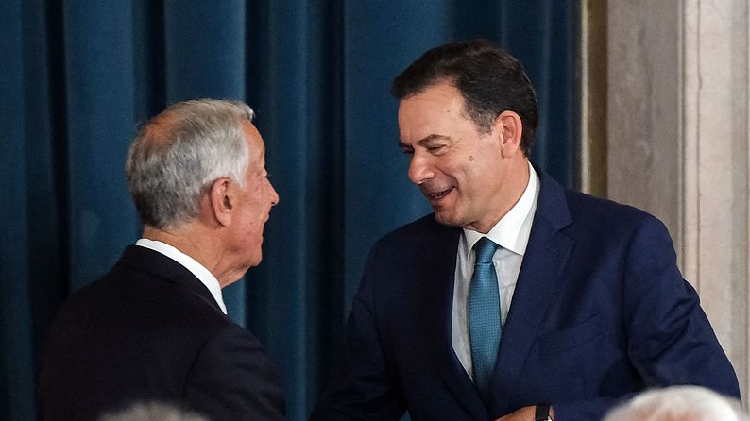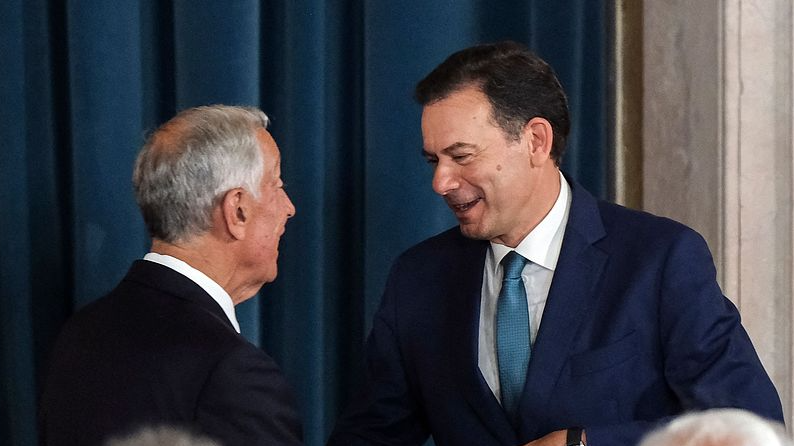Montenegro Sworn In as Portugal's New Prime Minister with Streamlined Cabinet Formation
Montenegro officially sworn in as Portugal's new Prime Minister amid a streamlined cabinet reshuffle.


Portugal welcomed a new era of leadership on Thursday as Luis Montenegro, leader of the Social Democratic Party (PSD) and head of the Democratic Alliance (AD), was officially sworn in as the nation’s new prime minister. The ceremony, held at Lisbon's historic Ajuda Palace, also witnessed the oath-taking of the 16 ministers forming Montenegro’s streamlined cabinet.
During the inauguration, Prime Minister Montenegro pledged to “continue serving the country,” vowing to “declare war on bureaucracy” and emphasizing his commitment to advancing broad state reforms. “Maintaining political stability and boosting social productivity will be at the core of this government,” he declared, signaling a strong stance on modernization and efficiency. He further highlighted plans to foster engagement with opposition parties and promote dialogue and cooperation across Portugal’s political spectrum.
President Marcelo Rebelo de Sousa addressed the gathering by reflecting on the significance of the recent election outcome. He noted that while there is increased political confidence in Montenegro’s leadership, the new administration has yet to earn the nation’s "absolute trust." President Rebelo de Sousa also pointed out a shifting political landscape in Portugal, as traditional parties see their influence decline, making way for emerging political forces—an evolution he described as overdue but now clearly underway in the country.
The new government features a reduced number of ministries, dropping from 17 to 16, in a bid to enhance efficiency and streamline decision-making. Key changes include merging the Ministry of Economy with the Ministry of Territorial Cohesion, and combining the Ministry of Culture with responsibilities for youth and modernization to create the new Ministry of Culture, Youth and Sports. Notably, a dedicated Ministry for State Reform has been established, which will be led by Gonçalo Matias, who also serves as minister adjunct to the prime minister.
At last week’s PSD national council meeting, Montenegro outlined that the “modernization of public administration” would stand as the cornerstone of his government’s policy agenda. This approach is expected to address processes deemed outdated and to respond to growing public demands for a more agile and transparent administration.
The swift formation of the cabinet, completed just 18 days after the election, sets a new record under President Rebelo de Sousa and suggests a sense of urgency within Montenegro’s government to get to work. Eyes now turn to the Assembly of the Republic, where parliamentarians are set to debate and vote on the government’s proposed program on June 17 and 18. According to the Portuguese Constitution, only after securing parliamentary approval can the new government fully assume its responsibilities, signaling another critical milestone in the post-election transition period.




